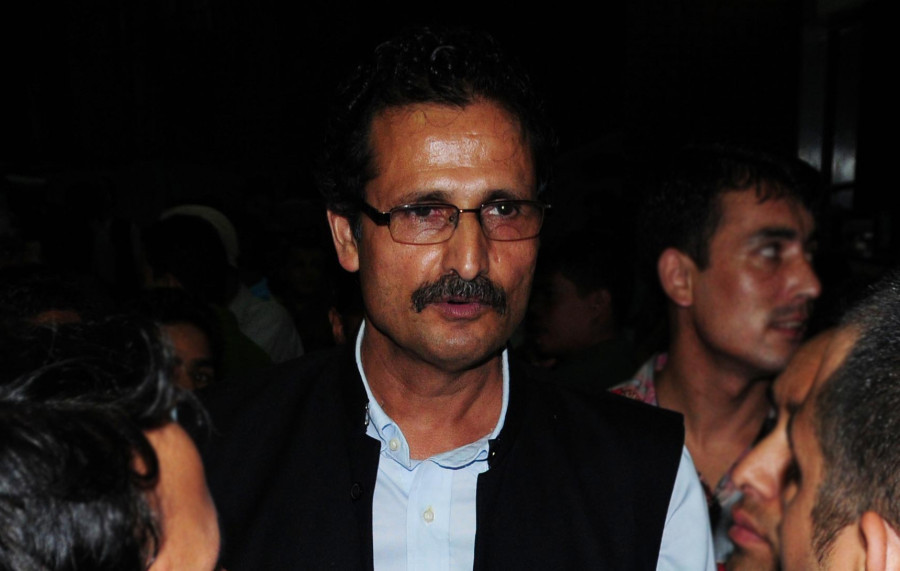National
Parties don’t train their lawmakers in lawmaking, Speaker Sapkota complains
Experts on law and parliamentary functions say lawmakers are more interested in executive roles than performing legislative functions
Binod Ghimire
Lawmakers lack expertise in lawmaking because there is no culture of organising training and orientation among political parties, said Speaker Agni Sapkota in a programme on Friday.
The statement comes at a time when several bills presented by the government have been dragged into controversy and the lawmakers are being criticised for paying little attention to their legislative function and focusing on executive roles.
“Barring a few, the majority of our lawmakers lack both the expertise and the interest to perform their legislative role,” Mohan Lal Acharya, former constitutional advisor to the Constituent Assembly, told the Post. “Their main role is lawmaking and monitoring, but they are more interested in executive functions.”
Every year during the budget formulation period, there’s pressure on the finance minister from lawmakers across the board to allocate more funds for Local Infrastructure Development Partnership Programme under which they can implement projects of their choice. In Acharya’s opinion, it shows the lawmakers’ inclination towards development works even though that’s not the reason they were elected.
Every year, more budget is set aside for the programme compared to the preceding year, except in the current fiscal year. As of now, a member of the House of Representatives can decide where to spend Rs40 million in coordination with the respective local government.
Experts on law and parliamentary practice have said on several occasions that House meetings that are supposed to endorse crucial bills have been deferred due to the lack of quorum. Parliament can endorse a bill only when more than 25 percent of its total members are present.
As per Article 94 of the Constitution of Nepal, the Lower House, which has 275 members, needs at least 69 members to be present for any law to be endorsed. For instance, the meeting of the Lower House on February 20 was supposed to endorse four bills, including the one on banks and financial institutions. But the meeting had to be adjourned as there were only 58 lawmakers present when the bill was being tabled for endorsement.
Som Bahadur Thapa, former secretary at the Parliament Secretariat, said lawmakers also don’t study the bills properly and tend to endorse whatever provisions the government proposes. “On different occasions, the lawmakers don’t even know what they have endorsed,” he told the Post. “They come to know only when the law is implemented.”
The government on December 24, 2018, registered a bill in Parliament to amend some Nepal laws, which included the Nepal Trust Act.
The bill was tabled for deliberation in the House of Representatives on January 1, 2019 and endorsed on February 15. The National Assembly endorsed it on March 2 same year and was certified by President Bidya Devi Bhandari the very next day.
The Act revised Clause 5.2 (a) of the law which allowed the property of the trust to be used to conduct tourism and business ventures that benefit the nation and the trust. The other revision was to allow the prime minister to choose the minister of his choice to lead the board of Nepal Trust.
The issue came to the surface only after the government decided to extend its lease agreement with Yeti Group to operate its activities in the Gokarna forest, based on that provision.
Thapa said the executive always tries to bring laws to suit its interest and it is the responsibility of the lawmakers to keep a check on that.
During the interaction programme on Friday, Sapkota argued that the laws should be people centric and it is necessary the lawmakers, from both the federal and provincial assemblies, work for it.
“While Sapkota’s observation is right, as chair of the legislature, it is also his responsibility to train lawmakers through the parliament secretariat,” said Thapa. “He should take as much responsibility as the political parties.”




 18.12°C Kathmandu
18.12°C Kathmandu














